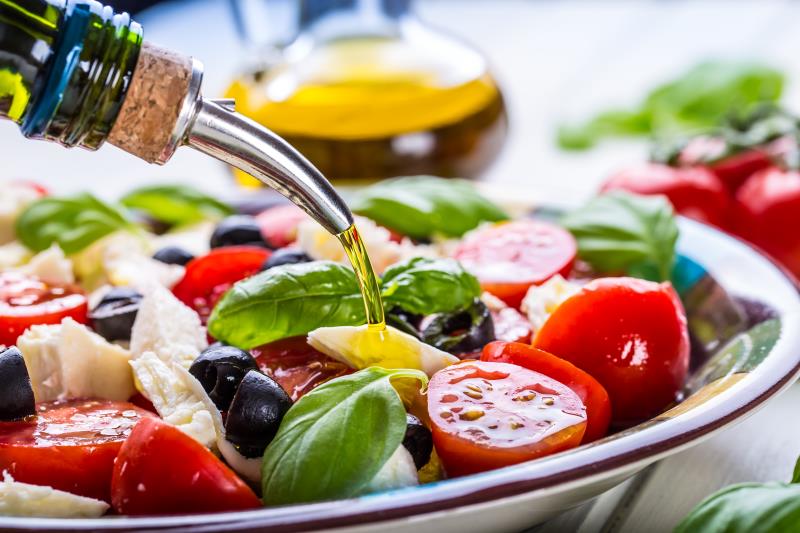
Following an anti-inflammatory approach to diet following breast cancer diagnosis helps improves the outlook of patients, with its protective effects increasing over the long term, a study reports.
The analysis included 1,064 female breast cancer survivors in the Prostate, Lung, Colorectal, and Ovarian Cancer Screening (PLCO) Trial prospective cohort, all of whom had completed the diet history questionnaire (DHQ).
Researchers calculated energy-adjusted dietary inflammatory index (E-DII) scores based on food and supplement intake, with higher scores indicating more pro-inflammatory diets and lower (ie, more negative) scores indicating more anti-inflammatory diets.
At baseline, patients consuming the most pro-inflammatory diets (ie, −4.1 to 4.9, E-DII tertile 3) had a higher total energy intake, higher body mass index, and more current hormone therapy, among others.
Over a median follow-up of 14.6 years, 296 (27.8 percent) all-cause and 100 (9.4 percent) breast cancer-specific deaths were recorded. Cox regression analysis revealed that consuming the most pro-inflammatory diets conferred increased risks of all-cause mortality (E-DII scores tertile 3 vs 1: hazard ratio [HR], 1.34, 95 percent confidence interval [CI], 1.01–1.81; ptrend=0.049) and breast cancer mortality (tertile 3 vs 1: HR, 1.47, 95 percent CI, 0.89–2.43; ptrend=0.13).
Each 1-unit increment in E-DII score was associated with a 6-percent increase in all-cause mortality risk (HR, 1.06, 95 percent CI, 1.00–1.13) and a 10-percent increase in breast cancer mortality (HR, 1.10, 95 percent CI, 1.00–1.22).
The findings highlight the potential of adopting anti-inflammatory diets after diagnosis as a means for reducing risk of breast cancer-specific and all-causes death among survivors, the researchers said.